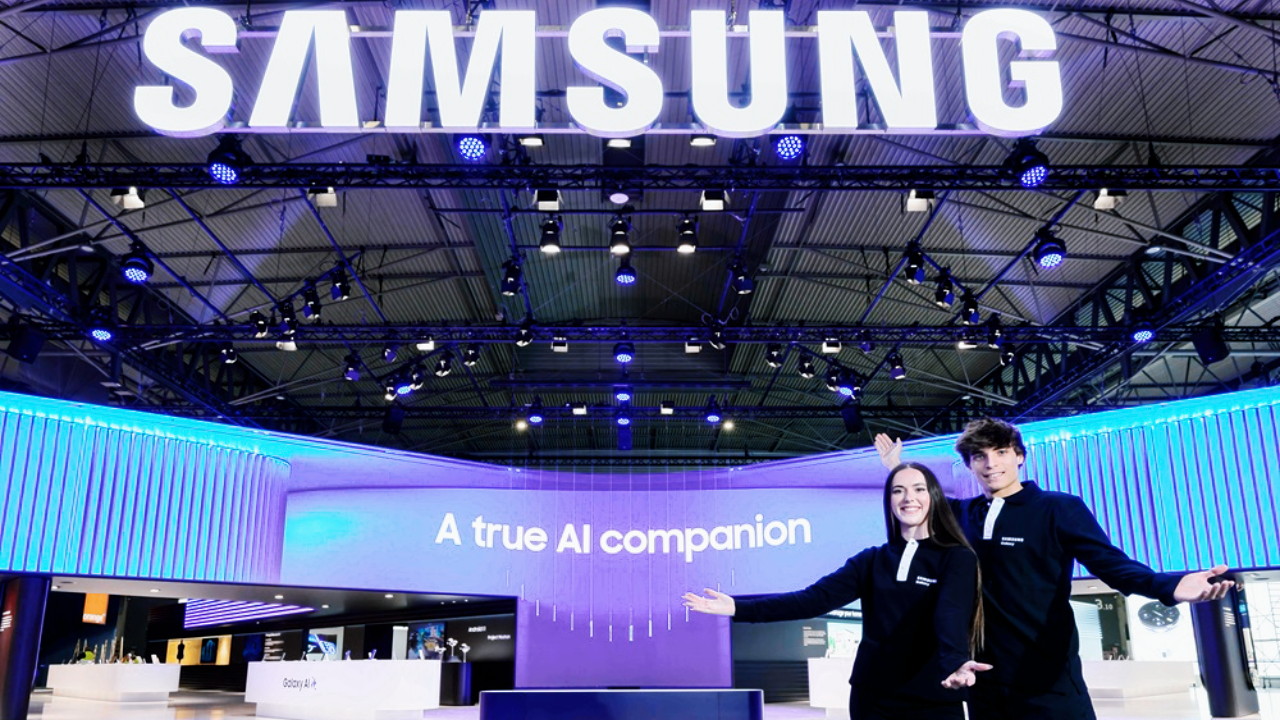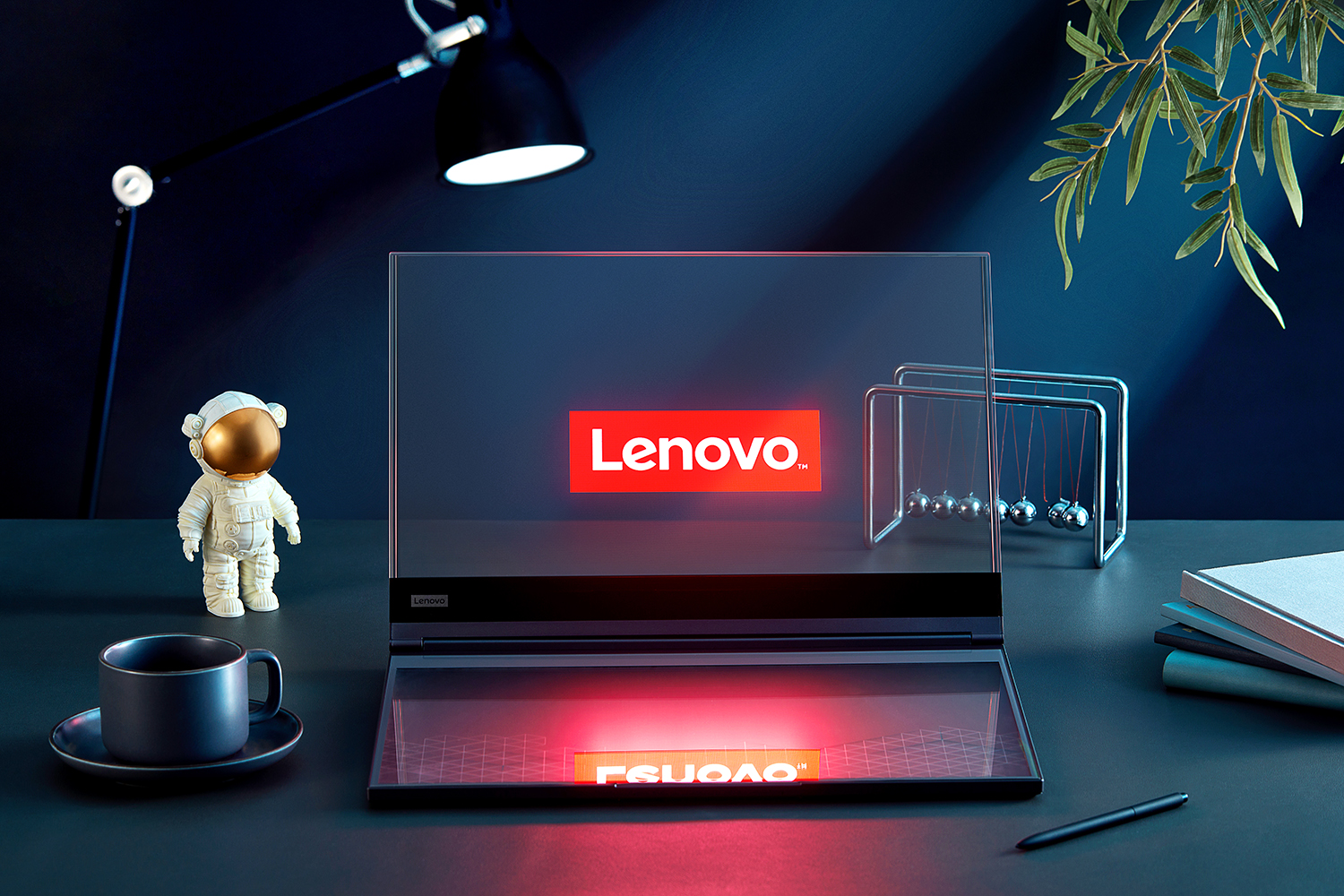A new, unconventional idea is maturing in Washington. Donald Trump’ s administration is considering making tariffs on imported electronics dependent on the value of the semiconductors they contain.
It’s a radical move to force companies to move production to the US, but its side effect could be to increase the price of almost everything from sophisticated laptops to simple toothbrushes.
The White House’s aim is to make the US less dependent on foreign supplies of chips, which are considered vital to national and economic security. The plan is part of a broader strategy of ‘reshoring’, or returning manufacturing to the US, so far supported by tariffs, tax breaks and deregulation.
The new duty would be another, more precise tool of leverage.
However, the idea raises serious concerns among economists. The new charges could cover an unusually wide range of products, raising their prices at a time when inflation is already above the Federal Reserve’s target.
Moreover, analysts point out that electronics manufactured in the US would also become more expensive, as their manufacturers often use imported components. The threat of price increases is therefore real and could affect consumers directly.
The devil is in the details, and these are few for the time being. Unofficial information suggests that the Department of Commerce is looking at a base rate of 25% of the value of the chips in a device. Imports from the European Union and Japan could be subject to a more lenient 15% duty.
There are also ideas of exemptions for companies that decide to move a significant part of their production to the US, although the mechanism remains unclear. At the same time, the White House is sceptical about the idea of exempting semiconductor manufacturing machinery from tariffs, which could paradoxically raise the cost of building factories in the US and undermine the overarching goal of the whole operation.
The project is still at an early stage, but it already shows the administration’s determination to overhaul global supply chains in the technology industry.












